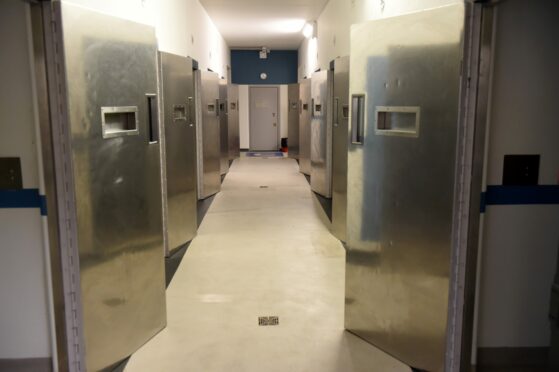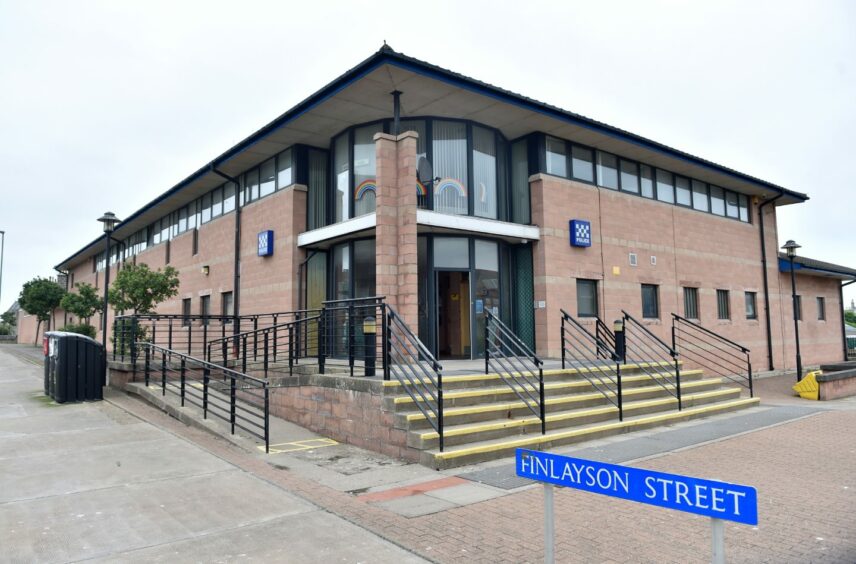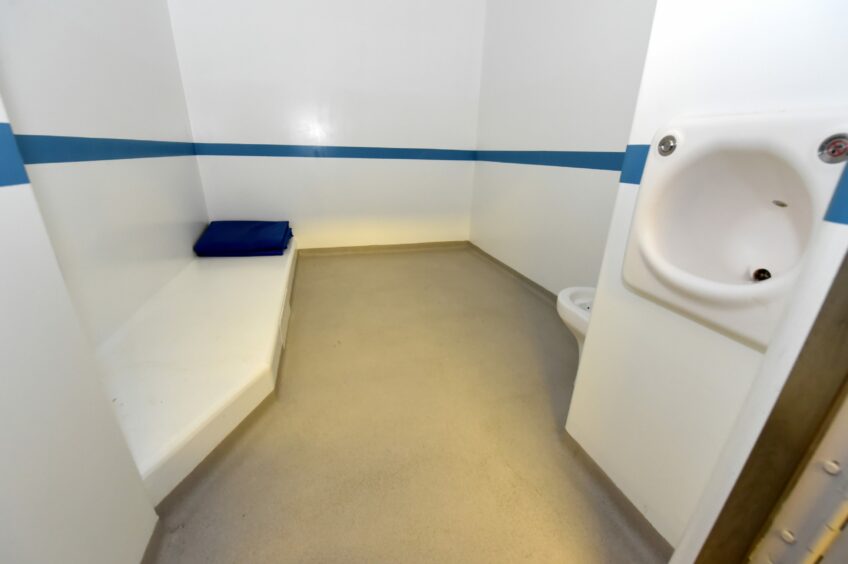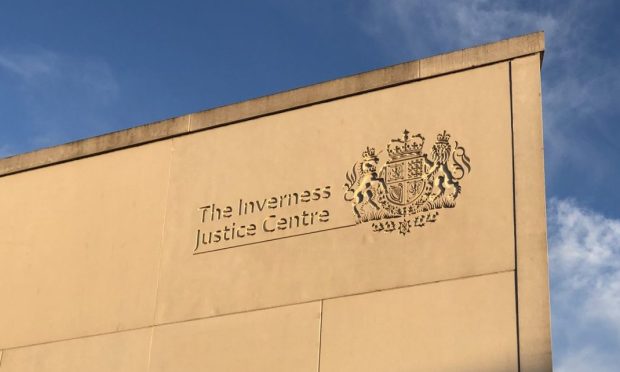Problems with wifi and technology at the region’s newest police custody suite means officers have to use pen and paper to take notes.
An inspection of Police Scotland’s custody centres found officers at Kittybrewster’s 60-cell block are not using the latest technology they’ve been kitted out with.
The report by HM Inspectorate of Constabulary in Scotland (HMICS) said that custody staff had been issued with the handheld digital devices to store real-time updates onto a central system, but weren’t using them.
“During our inspection, we noted that these devices were not being used by custody staff at the centre,” they wrote. “This appeared to be as a result of IT and wifi difficulties.
“As an interim measure, a paper-based system was being used by custody staff to record information as they undertook cell checks.
“Staff would then return to computer stations to enter information onto the National Custody System.
“However, this process has the potential to result in delays in information being
recorded onto the system.”
It advised the “paper-based system is replaced as soon as possible” with one that can be “updated in real-time” from wherever checks are being carried out.
Kittybrewster already under scrutiny
The report stated: “We do not intend to comment on the circumstances surrounding this case as it is subject to an ongoing inquiry.”
Instead, they said they were focusing on the 6,973 custodies who spent time in the cells there between April 2020 – March this year.
Further inspections of the force’s cells blocks in Elgin and Fraserburgh were also carried out.
The 14-cell block in Elgin, extended in 2014 and due for an upgrade next year, drew criticism over how long prisoners there had to wait to see medical professionals or receive medication.
“This reflects an unacceptable situation which puts detainees at risk,” the report stated, claiming healthcare provision there was “inconsistent and did not adequately meet the needs of detainees nor the centre”.
It recommended Police Scotland engage with relevant health boards and social care partnerships “as soon as possible” to ensure there’s “consistent, accessible and quality healthcare” in place.
A total of 1,151 men and women spent time in the Moray Street cells between April 2020 and last March.
Fraserburgh’s 12-cell block at the Finlayson Street station played host to 1,139 custodies in the same period.
It, like the other two cell blocks, had vacancies for permanent staff, meaning those roles were being covered by local police, something the report said wasn’t ideal.
It recommended: “Police Scotland should review the potential risks and benefits of utilising local policing to cover shifts and other custody operations in the north-east cluster and build resilience in Criminal Justice Services Division capacity where required.”
Staff praised at all three sites
The inspectors did, however, praise many aspects of the suites, not least the “sound level of oversight” awarded by sergeants making decisions on custody care and risk assessments.
It also noted that staff were “professional and respectful” towards detainees.
Findings attract criticism
Scottish Conservative north-east MSP Douglas Lumsden said it was “completely unacceptable” staff were relying on paper notes at Kittybrewster.
“At a time when additional services are being moved from Queen Street to Kittybrewster, it’s staggering to learn that the facility doesn’t have basic IT in place,” he said.
“Staff who are tasked with keeping the public safe deserve to be fully supported which includes having a reliable electronic system that can be updated while cell checks are taking place.”
Superintendent Mairi Macinnes, from the north’s criminal justice services division, said the safety and welfare of those in custody is “paramount” and therefore she welcomed the report.
“It recognises the thorough and robust risk assessment and care planning procedures that are in place within our custody centres in the north-east,” she said.
“It also highlights the ongoing welfare support and interventions put in place for detainees in custody, which have been developed within the north-east and are reflective of policy changes for national custody provision which have evolved over several years.”
She added: “We also note the recommendations by HMICS and will continue to engage with responsible healthcare partners to improve the provision of care for those in custody who would benefit.”
The Scottish Government has been contacted for comment.
For all the latest court cases in Aberdeen, as well as the latest crime and breaking incidents, join our new Facebook group HERE.
















